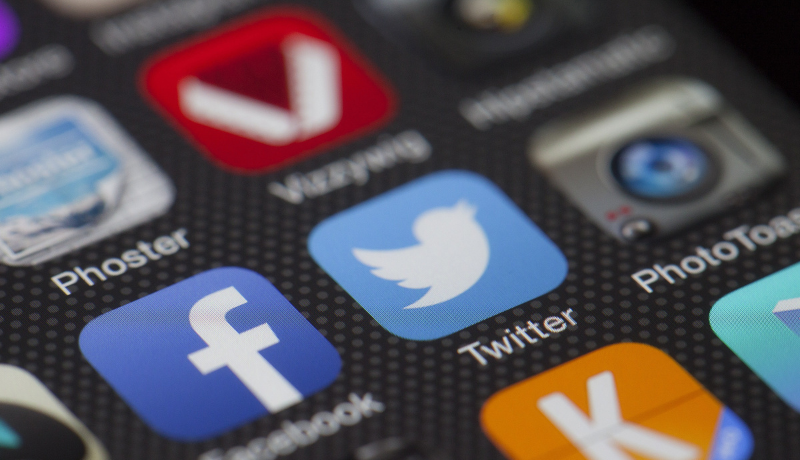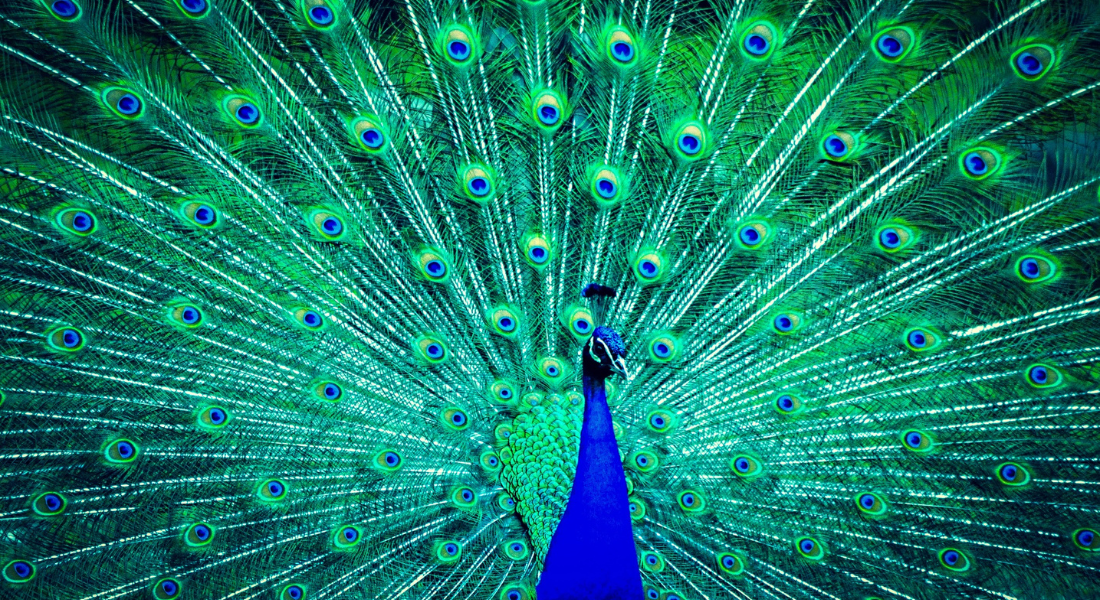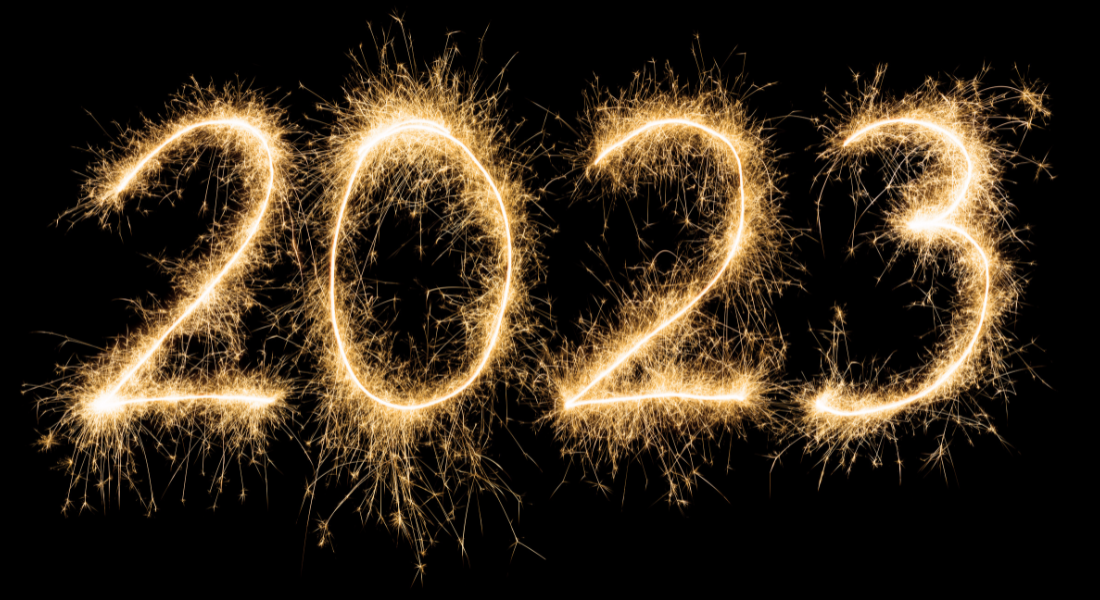What does chaos at Twitter mean for you and me?
By Paul Maher
I n just one week, since Elon Musk took over Twitter, the company appears to have descended into chaos.
News of mass sackings and the introduction of blue tick fees have become rolling news. And the speed at which the new Chief Twit has been wielding the axe and introducing new pricing models has taken many by surprise.
The motivations for his actions seem clear. Musk has paid a premium for the business ($44Bn) at a time when tech stocks are tanking – and he wants his new pet project to be profitable.
But this immediate push to boost the bottom line demonstrates a very different focus to Musk’s original stated aim for buying the company – to give civilisation a “common digital town square.” So, was it all about money after all? Well, unlikely. Musk is hardly struggling and being a free speech advocate it’s only going to be a matter of time before he turns his attention to the social media side of things.
The worry for many is that he will adopt the same brutal approach to the public platform as he has with Twitter’s employees. Could the platform be irreversibly damaged in the process?
It was notable that after walking into Twitter HQ, sink in hand, while tweeting ‘let that sink in’ – one of the first steps he took was to try and reassure advertisers that Twitter wouldn’t become a “free-for-all hellscape.”
The mooted return of Donald Trump hasn’t happened yet either. And the former US president now seems keen to promote his rival to Twitter, Truth Social, instead.
This hasn’t stopped brands concerned about the changes from halting their advertising, however – with Marketing Interactive featuring a running list of companies that have pressed paused. Eager to allay any fears, Musk has taken to Twitter to say, “nothing has changed with content moderation.”

Image: Elon Musk on Twitter
So, while there seems to be chaos behind the scenes (albeit being played out in a very public way) he may be more reserved when it comes to changing the user experience.
And he does need to be careful. When compared to other social sites like Facebook, Twitter has a much smaller user base (436M active monthly users compared to Facebook’s 2.9Bn). It actually ranks as just the 15th most popular social network, and that may deter him from wanting to rock the boat too much.
Musk also won’t want to lose what makes Twitter special. Few other platforms can prompt public discourse so easily, and readily – and that becomes harder in a free-for-all hellscape.
This is why many journalists love it – that and the fact it’s super easy to find the extreme opinions that can add fire to any public debate. For this reason alone, Twitter is hard for us to ignore. It’s culturally unique in that respect.
It’s of interest right now and, if the Chief Twit can steady his hand, it will remain so in the future. Of course, all remains to be seen. We work closely with our clients on their Twitter strategies so we’ll be keeping a close eye on how things play out.
Share this:





